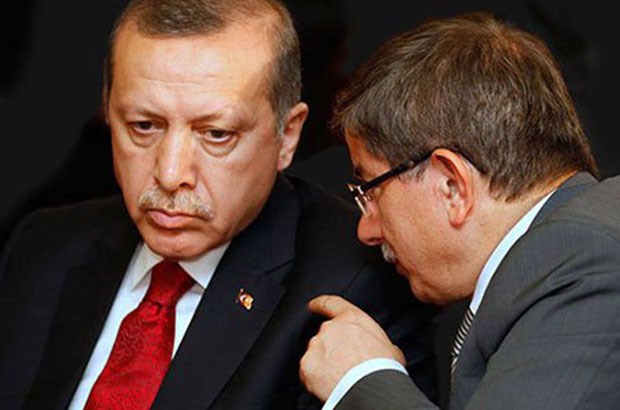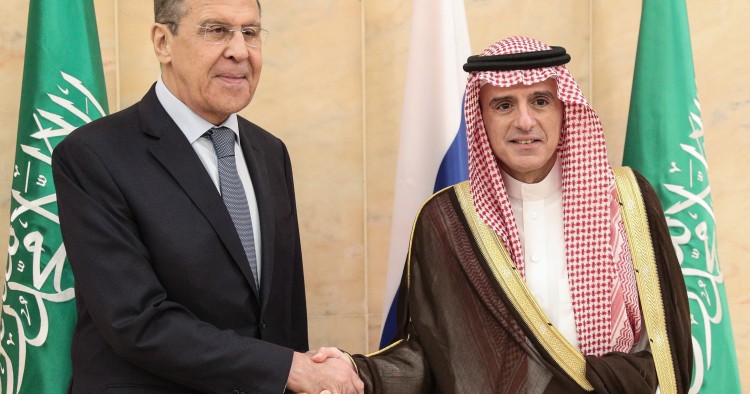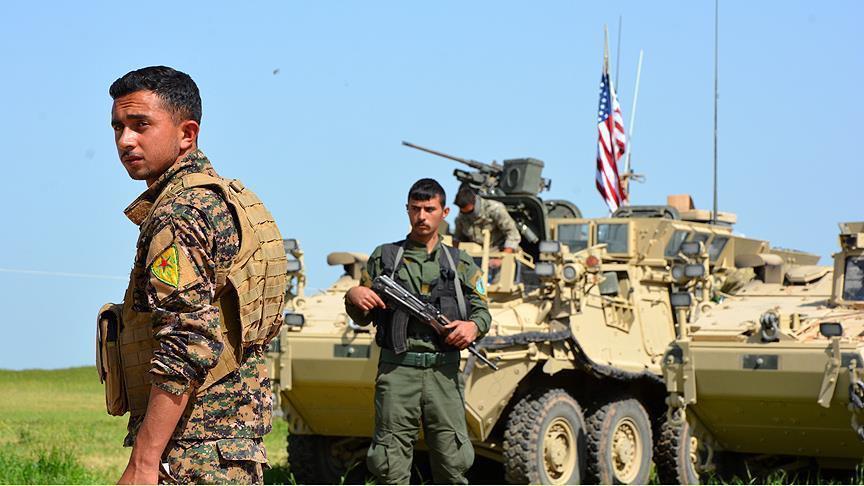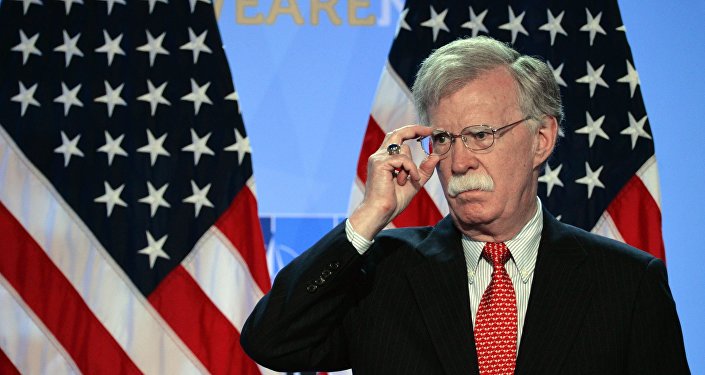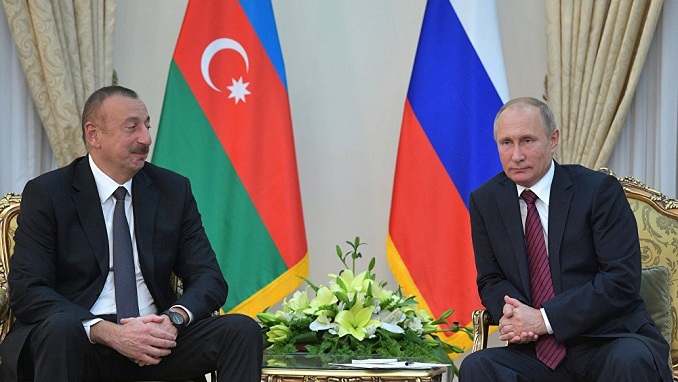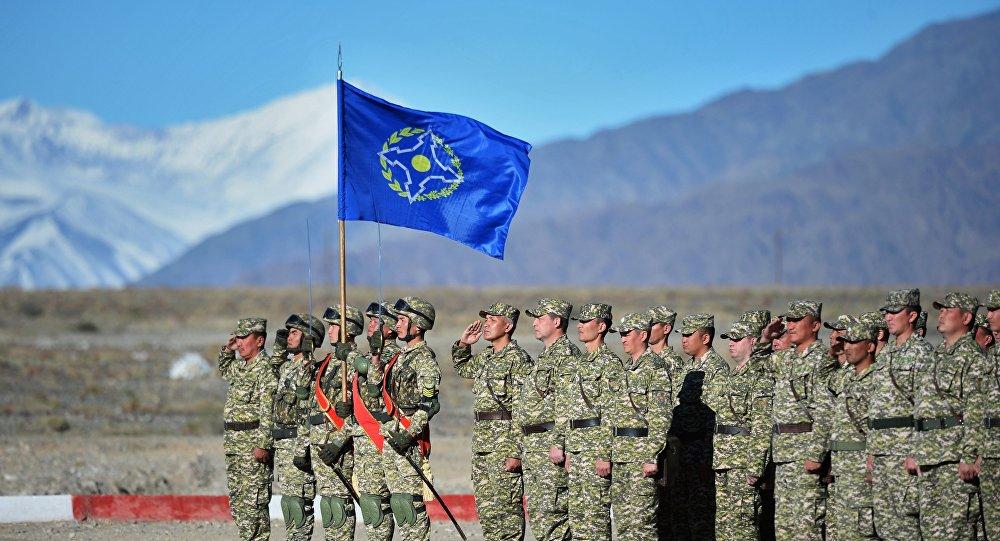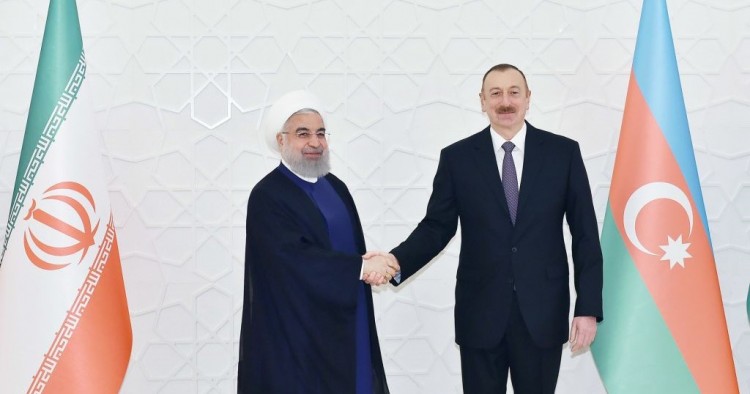
Over the past several weeks geopolitical experts have been talking a lot about what the surprise U.S. drone attack on Iranian Gen. Qassem Soleimani, head of the Islamic Revolutionary Guard Corps (IRGC) – Quds Force, on Jan. 3 means for the Middle East and relations between the major powers. What has received considerably less attention, however, is what Soleimani’s killing means for the South Caucasus, a region whose small size belies its strategic importance.
Located at the crossroads of Europe, the Middle East, and Asia, the South Caucasus is a major energy supplier and an increasingly important arena for competition between regional powers, like Turkey and Iran, and great powers, like the U.S. and Russia.
Washington believed that taking out Soleimani would restore the leverage it had lost to Iran and Russia’s growing role in the region. Although U.S. sanctions have hurt Iran’s economy, sparking anti-government demonstrations, Russia, China, much of Europe, and even many American political leaders have railed against the Soleimani strike.


